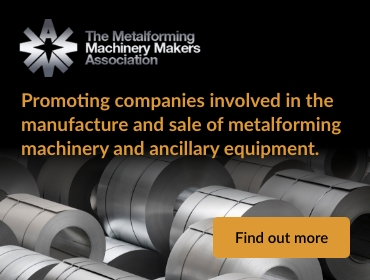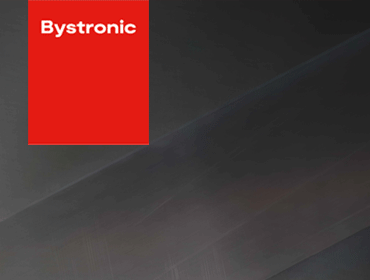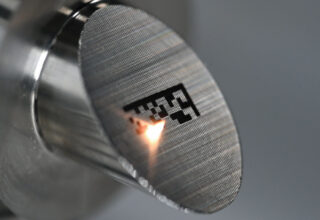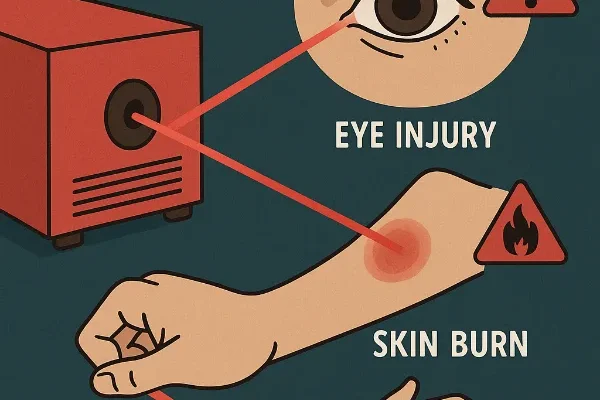
In recent years, fibre laser cutters have revolutionised metal fabrication, offering unmatched precision, speed, and versatility. While the appeal of lower initial costs might tempt businesses towards open, uncovered fibre laser machines, this choice brings significant safety, operational, and regulatory risks that company owners must carefully consider.
Severe Safety Hazards
The primary concern with open fibre lasers is the direct exposure of operators and nearby personnel to the laser beam, which is invisible and extremely hazardous. Risks include:
Eye Damage: Even brief exposure to laser radiation can cause permanent eye injuries or blindness.
Skin Burns: High-power laser beams can cause severe burns, even at a considerable distance from the cutting area.
Fire Hazards: Open lasers significantly increase fire risks due to the possibility of reflections igniting surrounding materials.
2. Exposure to Metal Dust Particulates
Open fibre lasers also expose operators and the surrounding environment to hazardous metal dust particulates generated during cutting:
Respiratory Health Risks: Inhalation of fine metal dust can cause serious respiratory conditions, including metal fume fever, chronic bronchitis, and potentially increase the risk of lung cancer.
Environmental Contamination: Metal particulates can settle on machinery, equipment, and surfaces, creating further contamination and increasing maintenance requirements.
3. Regulatory and Compliance Issues
Many company owners are unaware of the stringent regulations regarding laser safety. Regulatory bodies, including the Health and Safety Executive (HSE) in the UK and similar entities worldwide, enforce strict standards for laser operations:
Class 4 Laser Classification: Most fibre lasers fall under Class 4, requiring specific safeguards and comprehensive safety training.
Mandatory Protective Measures: Regulatory compliance requires enclosed safety cabins, interlocks, extraction systems, and emergency shutdown systems, which open fibre lasers inherently lack.
Risk Assessments and Liability: Failure to comply with regulations can lead to significant legal liabilities, hefty fines, and potential closure of operations.
4. Operational Disadvantages
While the initial investment might be lower, open fibre lasers can lead to increased operational costs:
Higher Insurance Premiums: Due to elevated risks, businesses may face substantially higher insurance premiums.
Frequent Safety Audits: Open fibre laser installations typically require more frequent safety audits and monitoring, increasing ongoing costs and administrative burdens.
Asset Resale Value: Business owners should also think about the resale value of their assets, a non-compliant open fibre laser would recoup far less than an appropriately guarded system
Ensuring a Safer Working Environment
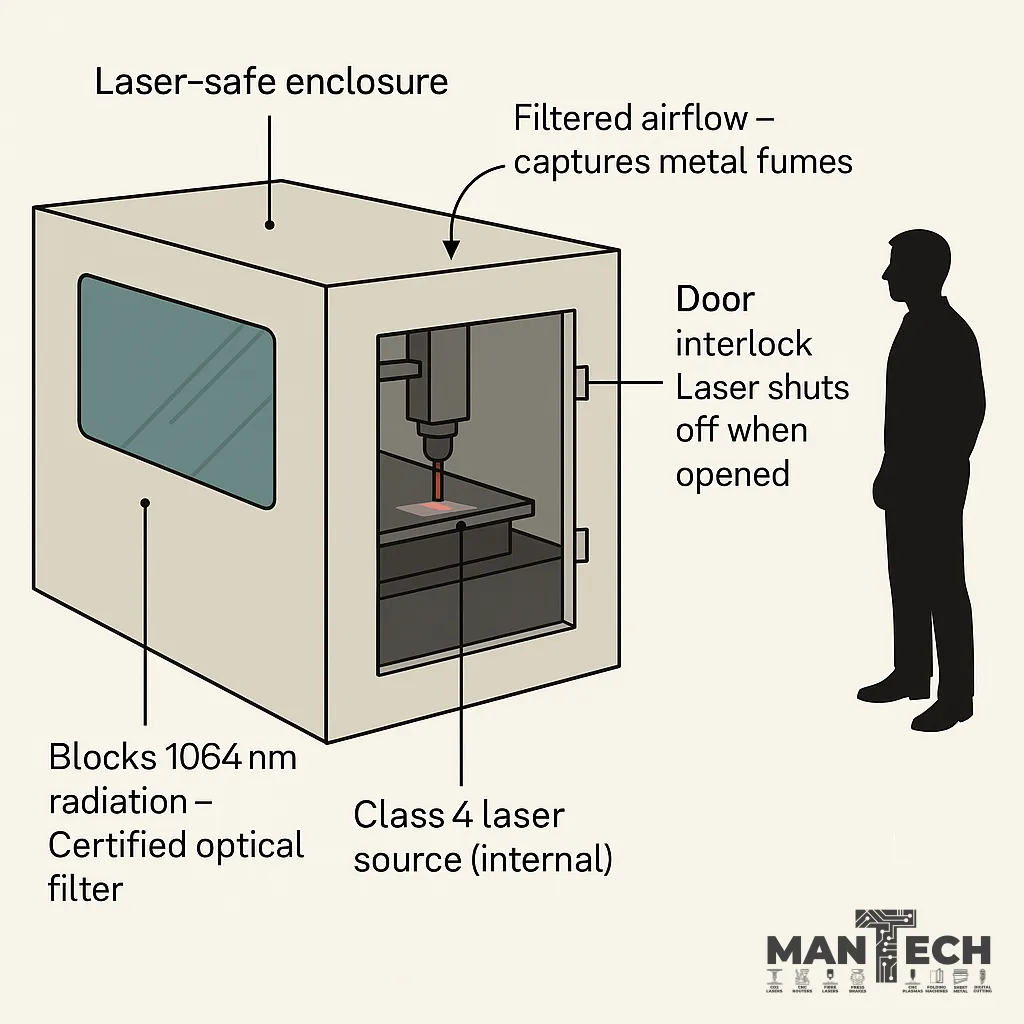
Company owners have a duty of care to provide a safe working environment. Investing in enclosed, compliant fibre lasers ensures not only the safety of employees but also long-term cost efficiency and regulatory peace of mind. Here’s why enclosed fibre lasers are a wiser choice:
Enhanced Safety Features: Fully enclosed systems protect operators and bystanders from harm, significantly reducing workplace accidents and injuries.
Compliance and Certification: Compliant machines align seamlessly with international safety standards, ensuring your business remains fully operational without regulatory disruptions.
Reduced Operational Costs: While enclosed machines might seem more expensive upfront, lower insurance premiums, fewer audits, and reduced risk of workplace incidents significantly offset initial costs over time.
Conclusion
When considering fibre laser technology, company owners must prioritise safety, compliance, and long-term cost-effectiveness over immediate savings. Investing in enclosed, compliant fibre laser systems is not just good practice—it’s a strategic business decision that protects your employees, reduces financial risks, and positions your business for sustainable success.


